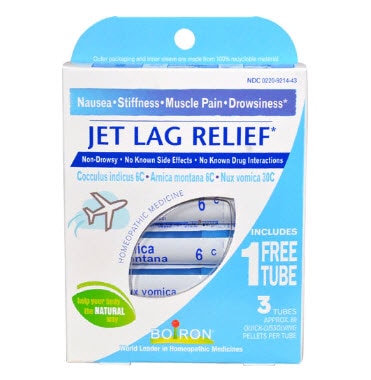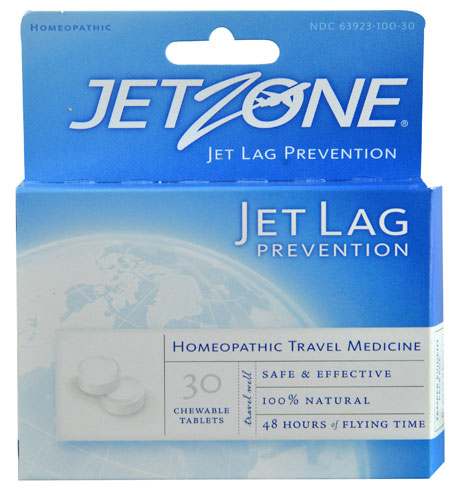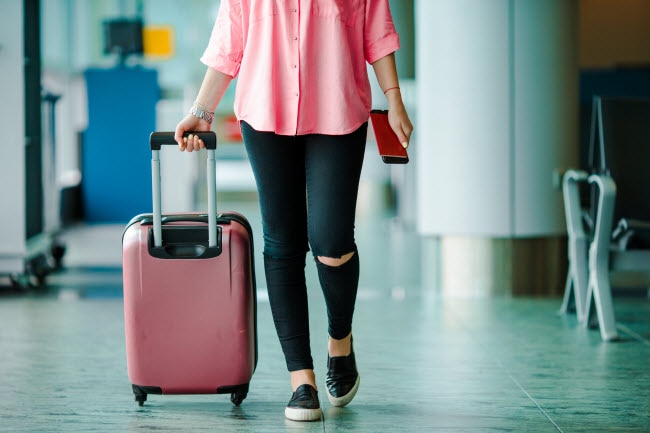Traveling can be an exciting and enjoyable adventure—seeing new places, taking part in local activities and trying new foods are all part of the travel experience. But, one thing that isn’t so fun and exciting is jet lag. If you’re planning to travel a far distance and through various time zones, you may find yourself dealing with this issue at some point.
The good news is there are some steps you can take to fight jet lag so that it doesn’t happen at all. Even if you still do experience jet lag, you may be able to curb the effects, so you feel less disruption to your mood. With proper planning, you can feel well-rested and enjoy your trip regardless of time zone differences. If you want to fight jet lag on your next trip, take a look at some of these helpful tips:
6 Best Jeg Lag Remedies
1. Get plenty of sleep before your journey
While you may be anxious about your upcoming travels, it can make all the difference if you get plenty of sleep before your flight. Leading up to your travel date, make sure that you get a full night’s sleep. If you’re well-rested, it will help your body adjust to changes that happen later on. You’ll feel better as you begin your journey, too. Stick to a good sleep schedule on the days leading up to your travels.
2. Start adjusting to your new time zone before you take off
It can also be beneficial to start adjusting to your new time zone before you even take flight. Depending on the direction you’ll be headed, you’ll want to adjust your wake up and bedtime accordingly. Spending a couple of days changing your routine now can make all the difference once you arrive at your destination. AARP suggests adjusting your watch as soon as you sit down on a plane – it can can help you trick your mind into thinking you’re already in the new time zone.
3. Arrive a day early
If you have a bit of flexibility with scheduling, it’s an excellent plan to get to your destination a day or two early. This is especially important if you have a significant work or personal event that requires you to be alert and at your best. Having an extra day built into your travel schedule will give you plenty of time to adjust to your new timezone, and you will feel less sluggish during your trip. No matter when you arrive, the Centers for Disease Control and Prevention recommends eating your meals at the appropriate local time, so that your body adjusts better to the local schedule.
 4. Consider natural support products
4. Consider natural support products
There are some great natural products out there that can help you feel jet lag relief. The best part is they’re not prescription, and they can allow you to feel much better without relying on products with questionable ingredients. Homeopathic sprays may help your body feel less of the effects of jetlag. Try carrying one of these sprays with you when you travel and use as instructed during your flight. Natural jet lag prevention pills can help some individuals temporarily relieve fatigue, irritability and anxiety. Try experimenting with natural products to see what works best for you and your body.
5. Avoid alcohol and caffeine
You may think that alcohol or caffeine will get you through the situation, but it can make your jet lag even worse because both of these items are stimulants. Consuming alcohol and caffeine will only keep you awake well past sleep time, adding more stress and exhaustion. The National Sleep Foundation suggests avoiding alcohol and caffeine for several hours before bedtime. Next time you travel by air, say no thanks to that mid-flight glass of wine.
6. Eat well and drink plenty of water
When you’re not feeling well due to jetlag and travel exhausting, eating junk food doesn’t help. Instead of grabbing unhealthy prepackaged snack foods or relying on fast food as fuel, consider packing some healthier snack items in your carry on bag or purse. Individual packs of nuts and protein-packed granola bars are a great option. This can keep you more energized throughout your journey.
As for water, it’s a good idea to drink more than you usually would before and during your flights. Mayo Clinic notes that proper hydration can counteract the dehydration from the cabin air. When you’re dehydrated, your jet lag may feel even worse, so be sure to keep filling up that water bottle – carrying one when you travel can help you get in the habit of drinking water regularly.
These are some excellent tips that can help you transform your flying experience. With proper planning and by adjusting some bad habits, you can limit jet lag and get to your destination with less discomfort and a lot more energy. Enjoy your travels!




